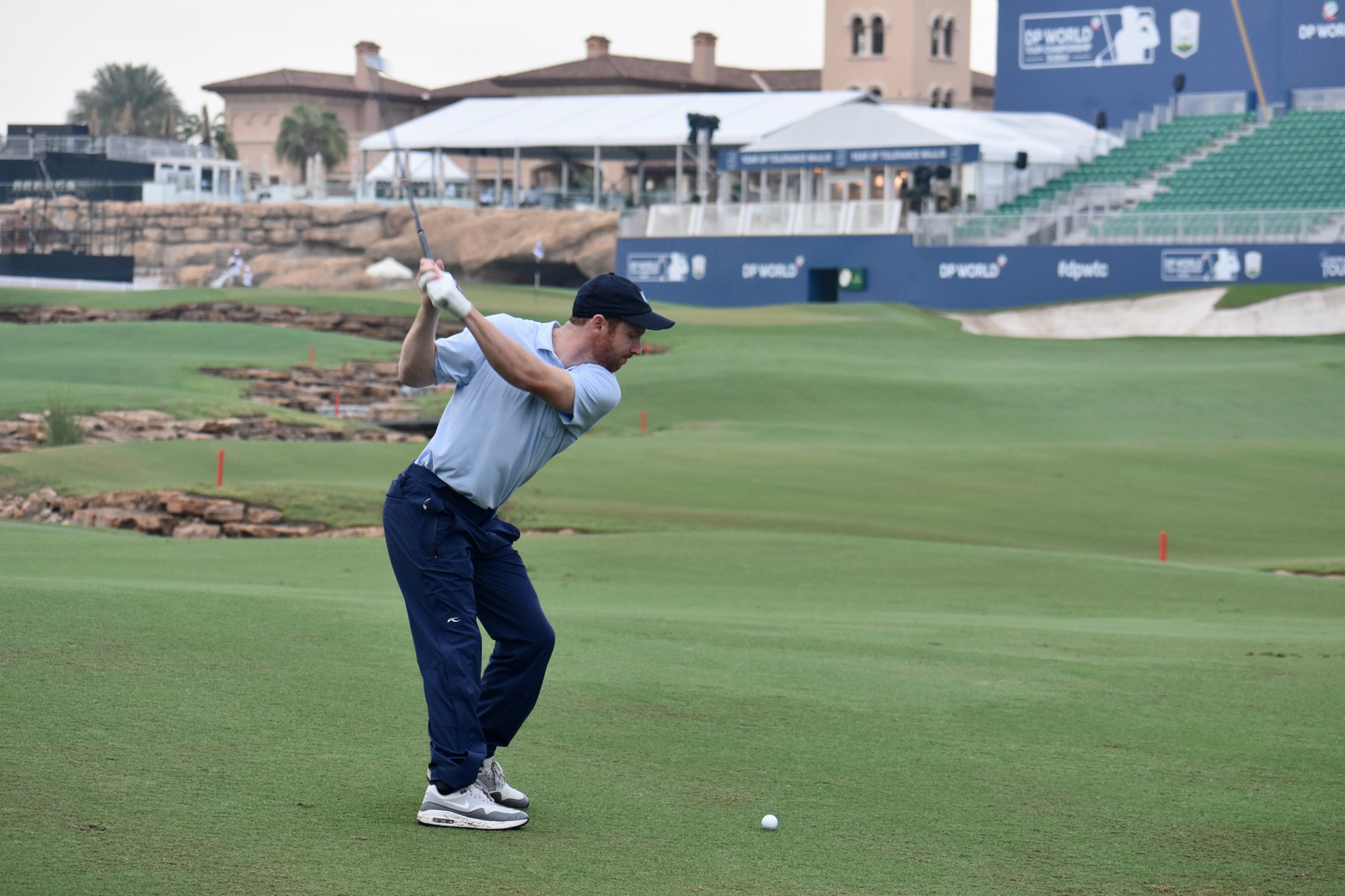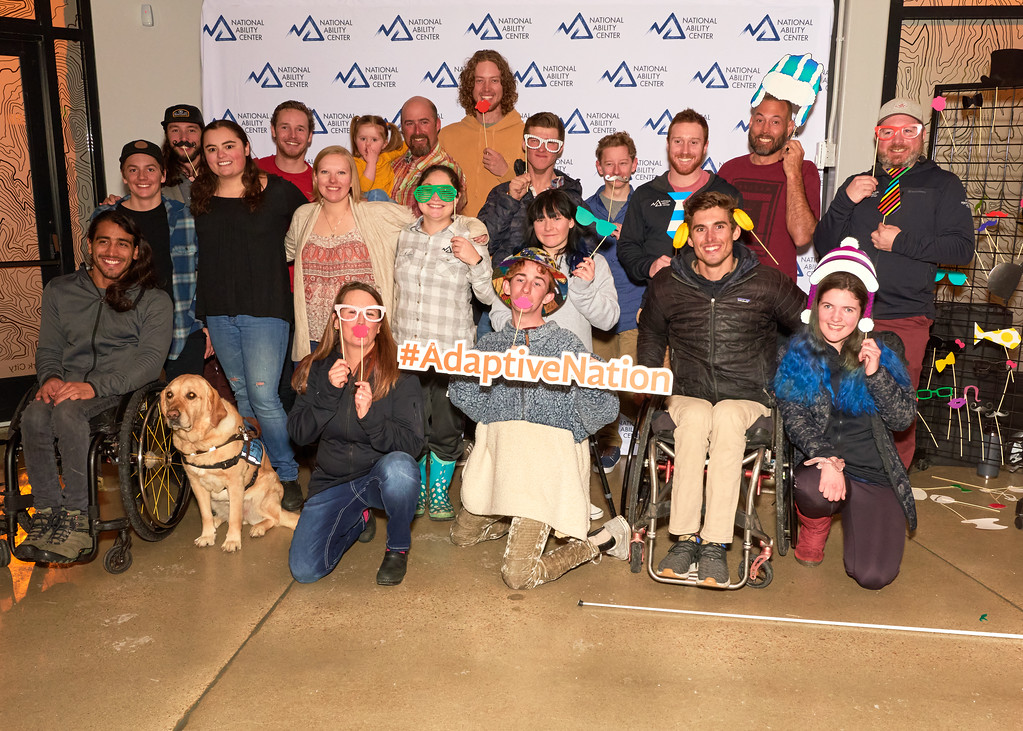
My goal has always been to be a professional athlete. As my legs and back weakened due to my cerebral palsy diagnosis, my resolve didn’t falter. I CAN be a professional athlete and I will be.
For over six years, I have been training with the National Ability Center to be part of Team USA in the Paralympics. As I prepare for the 2022 games, this moment of my training program is crucial. It is here I enter the strengthening phase. The mission is to ensure my body is ready for any and all movements required for the races.
Strength is the way to my destiny, to my I CAN. Here’s how it can be yours too.
STRENGTH: The capacity to withstand great force or pressure
I CAN mentalities require dreaming big and cherishing the journey. It’s about savoring the goal and the preparation it takes to get there.
For me, this is the year I must ski faster than ever before. It would be easy for me to succumb to the pressure, to look at past race times and give up. Instead, I look at training as a combination of physical and mental approaches. Yes, I must physically train my body. But in order to train at the level I need to, I also must prepare my mind for what’s ahead.
When honing your strength, make sure you have a robust mental approach. Start with I CAN, see your goal in your mind and ensure you are able to resist mind shifts that will distract you from your goal.
STRENGTH: The quality or state of being physically strong
Yes, it’s important to be physically strong to compete at the top levels. But strength is about more. It’s a concentrated approach on speed, agility, stability, coordination and flexibility.
It demands focus and versatility. In my journey, it means diversifying my physical activities as much as possible. This includes weightlifting, biking, rock climbing, golfing, tennis, hiking and yoga.
While you may not be training for a professional competition, the idea of honing your energy and might is critical. Focus on your passion, but cast a wide net to help you round out your skill set. Work constantly to improve and raise your potential. An I CAN mindset begins with understanding how each piece plays a role in accomplishing your goal.
STRENGTH: The emotional or mental qualities necessary in dealing with situations or events that are distressing or difficult
When I was 7 years old and would fall on the ski hill, it was hard to get back up. But now, after years of training, I know those falls have made me stronger. They didn’t break my spirit or my resolve. They got me to where I am today.
I know I can accept defeat, only after trying everything to succeed. If I go down swinging, it will be knowing I worked harder than my competition. I have taken every chance, learned from every mistake and prepared to the highest standard.
I CAN attitudes happen when you learn how to improve through failure. When you fall short, find the lesson and do it better the next time. Look to the bigger picture, the finish line, the final chapter. Be steadfast and move forward with courage.

STRENGTH: The number of people comprising a group, typically a team or army
Behind every I CAN should be a team. A team to push you forward, to cheer you on when things feel impossible and to encourage you when you fall short. Share your fears and your doubts with them. Don’t let the magnitude of your dream be held alone.
Your team should be a source of mental and emotional support. At the National Ability Center, our group of athletes is vital to our individual success. When I think of strength, I think of Saylor O’Brien and Andrew Haraghey who both overcame serious medical issues and fought back to accomplish their dreams. I think of Logan Knowles and Orlando Perez, who get up time and time again, no matter what life throws at them on the course. I think of Ravi Druggan, who attacks every race course like it’s the last. I think of Santi Vega, who has been by my side since my first day of training.
I CAN mentalities begin with strength. They require clarity and focus. They also require a group willing to push each other, to anchor themselves in your dream and walk beside you every step of the way.

